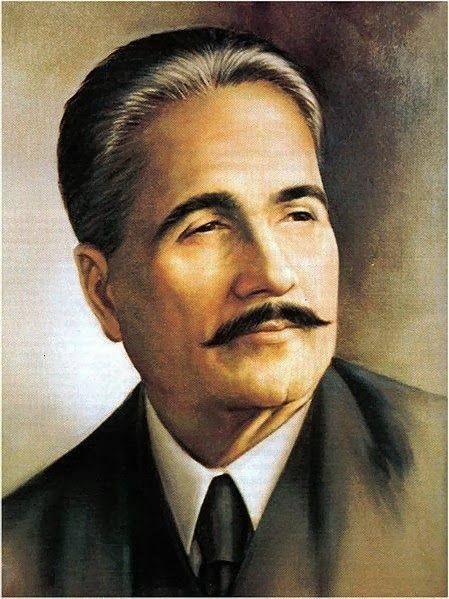
The Inspiring Story of Pakistan's National Poet, Allama Iqbal
Allama Muhammad Iqbal, widely regarded as Pakistan's national poet, was a visionary, philosopher, and politician who played a pivotal role in the country's struggle for independence. His remarkable life and works continue to inspire generations, and his legacy remains a beacon of hope and guidance for the people of Pakistan and beyond.
Early Life and Education
Born on November 9, 1877, in Sialkot, Punjab, Iqbal was raised in a family of modest means. His father, Sheikh Noor Muhammad, was a devout Muslim and a strong advocate for education. Iqbal's early education took place in Sialkot, where he showed a keen interest in poetry and literature. He later moved to Lahore for higher education, where he studied philosophy, law, and literature.
Iqbal's intellectual curiosity and passion for knowledge led him to pursue higher education in England and Germany. In 1905, he earned a degree in philosophy from the University of Cambridge and later received a doctorate in philosophy from the University of Munich. During his time in Europe, Iqbal was exposed to various intellectual and philosophical traditions, which deeply influenced his thoughts and writings.
Literary Career
Iqbal's literary career spanned over three decades, during which he wrote extensively in Urdu, Persian, and English. His poetry and prose works are renowned for their depth, insight, and spiritual intensity. His most famous works include:
- "Shikwa" (Complaint) and "Jawab-e-Shikwa" (Answer to the Complaint)
- "Payam-e-Mashriq" (Message from the East)
- "Zabur-e-Ajam" (Persian Psalms)
- "Lal-e-Yaar" (Beloved's Ruby)
- "Armughan-e-Hijaz" (Gift from Hijaz)
Iqbal's poetry is characterized by its exploration of themes such as love, spirituality, freedom, and the human condition. His works have been translated into numerous languages and continue to inspire readers worldwide.
Political Career
Iqbal's political career began in the early 20th century, when he joined the All-India Muslim League. He quickly rose through the ranks, becoming the party's president in 1930. Iqbal was a strong advocate for Muslim rights and played a crucial role in the movement for a separate Muslim state.
In his famous Allahabad Address in 1930, Iqbal called for the creation of a separate Muslim state, which ultimately became the basis for the creation of Pakistan in 1947. His vision for a Muslim state was not limited to political boundaries but encompassed a spiritual and cultural revival of the Muslim community.
Legacy
Allama Iqbal's legacy extends far beyond his literary and political achievements. He is revered as a national hero in Pakistan, and his works continue to inspire generations. His philosophy of love, spirituality, and self-discovery has influenced countless individuals, including politicians, poets, and thinkers.
Iqbal's vision for a Muslim state was not limited to political boundaries but encompassed a spiritual and cultural revival of the Muslim community. His emphasis on education, critical thinking, and intellectual curiosity has shaped the intellectual landscape of Pakistan and beyond.
Iqbal's poetry and philosophy have also had a profound impact on the global literary scene. His works have been translated into numerous languages, and he is widely regarded as one of the greatest poets and thinkers of the 20th century.
Conclusion
Allama Iqbal's inspiring story is a testament to the power of human imagination, creativity, and perseverance. His remarkable life and works continue to inspire generations, offering a beacon of hope and guidance for those seeking a deeper understanding of themselves and the world around them. As Pakistan's national poet, Iqbal's legacy remains a source of pride and inspiration, reminding us of the importance of love, spirituality, and the pursuit of knowledge.

